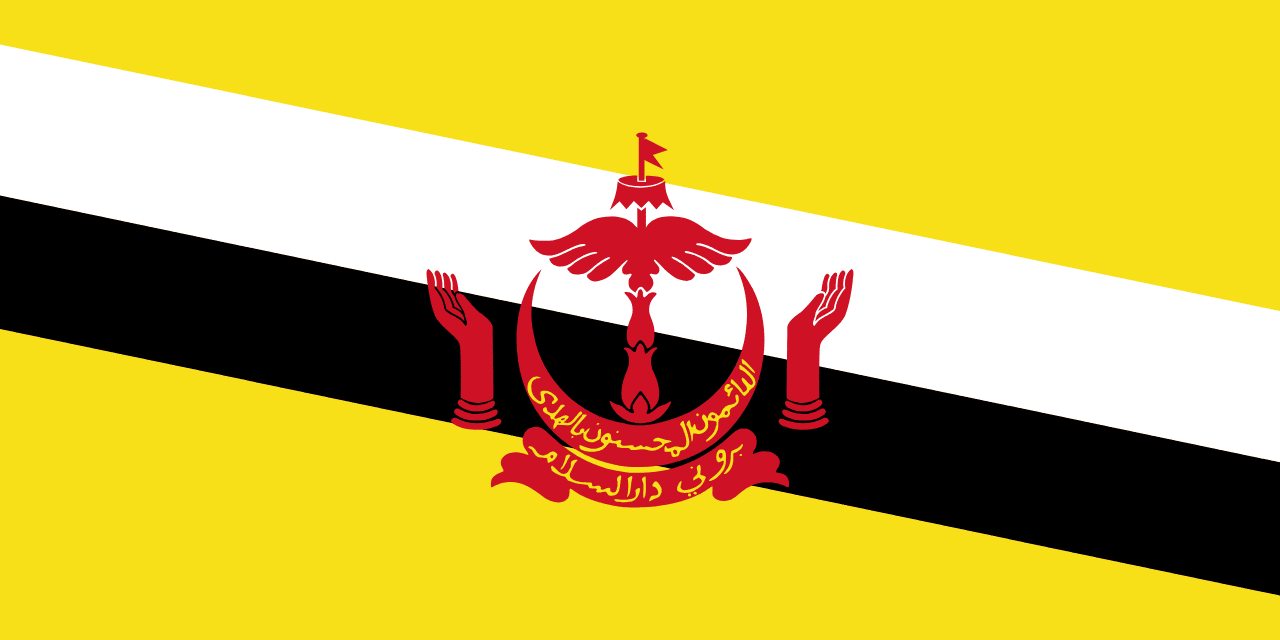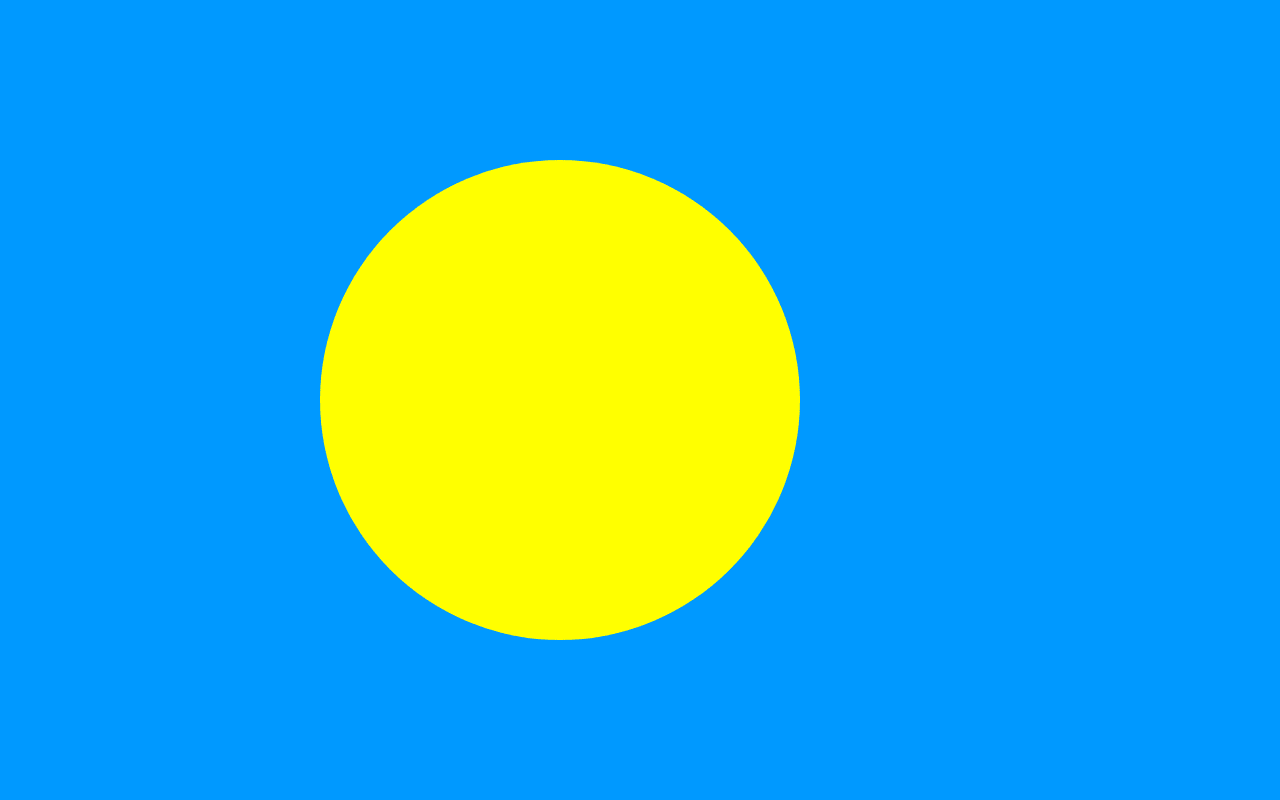Philippines Flag Meaning
A horizontal bicolor of blue over red with a white equilateral triangle at the hoist, containing a golden sun and three golden stars. The Philippine flag is unique in that it is inverted in wartime, with the red field displayed on top.
- Continent
- Asia
- Adopted
- 1898
- Ratio
- 1:2
- Colors
- blue, red, white, yellow
- Designer
- General Emilio Aguinaldo

Symbolism
Blue Stripe: Represents peace, justice, and patriotism.
Red Stripe: Stands for courage, bravery, and the willingness to shed blood for freedom.
White Triangle: Represents equality, liberty, and fraternity, inspired by Masonic symbolism.
Golden Sun: Symbolizes independence and freedom, with eight rays representing the first eight provinces to revolt against Spanish rule.
Three Stars: Represent the three main geographical regions of the Philippines: Luzon, Visayas, and Mindanao.
History
- 1521–1898: The Philippines was a Spanish colony for over 300 years, with various colonial flags flown.
- 1898: The current flag was first unfurled on June 12 during the declaration of independence from Spain.
- 1899–1902: The Philippine-American War led to U.S. occupation and restrictions on the flag’s display.
- 1946: Full independence was granted by the United States, restoring the flag.
- Present: The flag remains a central national symbol and is unique for being officially inverted in times of war.
Trivia
- The Philippine flag is the only national flag that changes its orientation in wartime, with red on top.
- General Emilio Aguinaldo personally designed the flag while in exile in Hong Kong.
- The flag’s original blue was lighter (Cuban blue), but was changed to navy blue after World War II, and later standardized.
- The eight rays of the sun correspond to provinces that rose against Spain in 1896.
- The flag is so important that desecration or misuse can lead to legal penalties in the Philippines.
Related Countries

Taiwan
Asia
A red field with a blue canton containing a white twelve-pointed sun, representing the Republic of China flag adopted in 1928, symbolizing the Three Principles of the People (nationalism, democracy, livelihood), the twelve traditional Chinese hours, and the aspiration for progress and development.

Brunei
Asia
A yellow field with two diagonal stripes of white and black, featuring the national coat of arms in red in the center, representing the Sultan's sovereignty, the state's prosperity, and the nation's commitment to peace and Islamic values.

Vietnam
Asia
A red field with a large yellow five-pointed star in the center, representing the blood shed for independence and the unity of workers, peasants, intellectuals, youth, and soldiers under Communist Party leadership in the struggle for national liberation and socialist construction.

Palau
Oceania
A light blue field with a golden-yellow full moon slightly off-center toward the hoist. The flag symbolizes independence, culture, and natural harmony.

Indonesia
Asia
Two horizontal stripes of red over white, known as 'Sang Saka Merah-Putih' (The Sacred Red and White), representing the courage and purity of the Indonesian people and their struggle for independence from colonial rule.

Cambodia
Asia
Three horizontal stripes of blue, red (double width), and blue with a white depiction of Angkor Wat temple in the center, representing the nation, the king, and the sacred temple that symbolizes Cambodia's glorious past and cultural heritage.